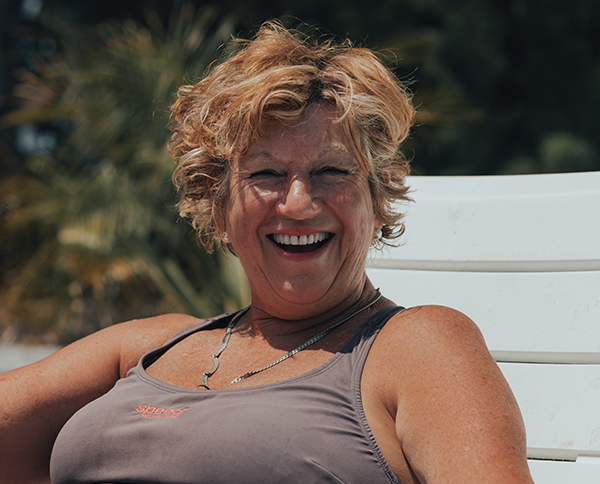Individual Counseling Insights brought to you by California Psychotherapeutic Resources, Inc.
Psychologists and family therapists typically deal with problems — issues that cause problems between couples, parents and children, siblings, co-workers. The list goes on and on. Once in a while, though, we deal with another issue: happiness.

What a nice change! To step back and simply ask, What can I do to make my life more fulfilling, filled with joy, more meaningful — how can I be happier?
Fortunately, there is abundant research and reflection by serious people on the topic of happiness. One of the most valuable sources of information is a study begun back in 1938. That’s right —a nearly century-long study that is still ongoing.
Writing for CNBC, Zameena Mejia refers to the Harvard Study of Adult Development and says, “The ongoing Harvard study is considered one of the world’s longest studies of adult life, having started in 1938 during the Great Depression.”
The study receives attention periodically. On January 14, 2023, The Wall Street Journal published an article by the current directors of the study, Robert Waldinger and March Schulz, who wrote, “For 85 years (and counting), the Harvard Study of Adult Development, which we now direct, has tracked an original group of 724 men and more than 1,300 of their male and female descendants over three generations, asking thousands of questions and taking hundreds of measurements to find out what really keeps people healthy and happy.”
So, spoiler alert, we’re going to cut to the chase and tell you how to be happy: develop good relationships with people.
Really? That’s it. Well, yes. Waldinger and Schulz write that “Through all the years of studying these lives, one crucial factor stands out for the consistency and power of its ties to physical health, mental health and longevity. Contrary to what many people might think, it’s not career achievement, or exercise, or a healthy diet. Don’t get us wrong; these things matter. But one thing continuously demonstrates its broad and enduring importance: good relationships.”
Of course, it gets a little more complicated than that. Consider the flip side of the statement. Mejia says that, “On the contrary, keeping to yourself and experiencing loneliness is toxic. Waldinger points out that people can even feel lonely in a crowd of people or in their marriage.”
Which brings up the million-dollar question: What’s the secret to developing good relationships. Ah, that’s where we counselors and therapists come in. In the meantime, if you’d like to read more about the Harvard study, read Mejia’s full article here, which includes links to valuable videos such as a TED talk by Waldinger.